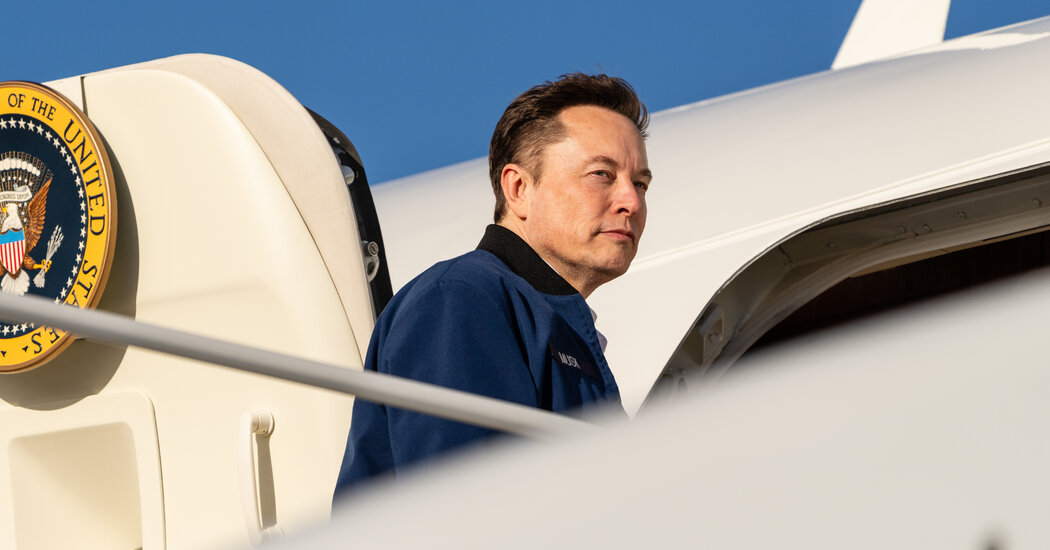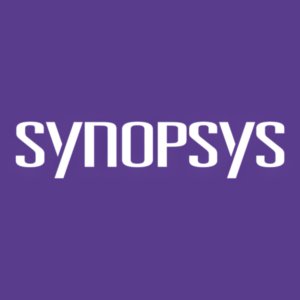OpenAI Seeks Court Order to Prevent Elon Musk from Unjustly Criticizing It

OpenAI’s Legal Challenge Against Elon Musk
Background of the Dispute
OpenAI has recently filed a motion in federal court aiming to prevent Elon Musk from continuing his aggressive legal actions against the company. This filing, submitted in San Francisco, suggests that Musk is actively trying to undermine OpenAI. The organization claims he has made it his mission to damage the reputation and operations of the company he co-founded.
The Legal Filing
In the legal documents, OpenAI characterized Musk’s actions as “unlawful and unfair,” and requested that the court hold him accountable for any harm caused to the firm. OpenAI’s concerns primarily revolve around the lawsuit Musk initiated against the company and its leaders, Sam Altman and Greg Brockman, last August. Musk’s lawsuit alleges that OpenAI is prioritizing its commercial objectives over the broader public good in a rapidly evolving AI landscape.
OpenAI’s Position
OpenAI has publicly expressed frustration with Musk’s legal maneuvers. The company stated, “Elon continues to use bad-faith tactics in an attempt to slow down OpenAI for his personal benefit.” They argue that these tactics not only threaten their operations but also contradict their mission to develop and promote beneficial AI technologies. The countersuit aims to curb Musk’s influence and actions that they deem anti-competitive.
Elon Musk’s Involvement with OpenAI
Elon Musk was one of the prominent founders of OpenAI, which was established as a nonprofit organization in late 2015. He started the venture alongside other notable figures, including Sam Altman. However, tensions surfaced over control and the strategic direction of the company, eventually leading Musk to resign from the board. Since his departure, OpenAI has transitioned into a successful entity, introducing widely-used AI products like ChatGPT, and raising significant funds to advance its technology.
Current Legal Climate
The clash between Musk and OpenAI is part of a broader narrative involving legal challenges in the AI sector. For instance, The New York Times is also suing OpenAI and its partner Microsoft over alleged copyright infringements related to AI systems. Both OpenAI and Microsoft have denied these allegations, reflecting the contentious nature of the AI industry.
The Dynamics of the AI Industry
The AI sector has been experiencing rapid growth and innovation, prompting a mix of excitement and concern within technology and regulatory circles. Investors and stakeholders have poured billions into companies like OpenAI, which has seen a surge in usage and influence in artificial intelligence applications. This rise has raised questions over ethical practices, data rights, and the responsible development of AI technologies.
The Path Ahead
As the legal tensions continue, the outcome of OpenAI’s countersuit may influence not only the company’s future but also set precedents for how tech disputes are handled in the rapidly evolving AI sector. The increasing competition in the AI space may lead to more aggressive legal strategies, as various players vie for dominance and clarity in an industry marked by its dynamism and innovation.
Conclusion
The unfolding situation between OpenAI and Elon Musk emphasizes the complexities faced by industry leaders as they navigate both technological advancements and conflicting interests. The motivations and implications of such high-stakes legal battles will likely continue to be a focal point in understanding the developing landscape of artificial intelligence.






